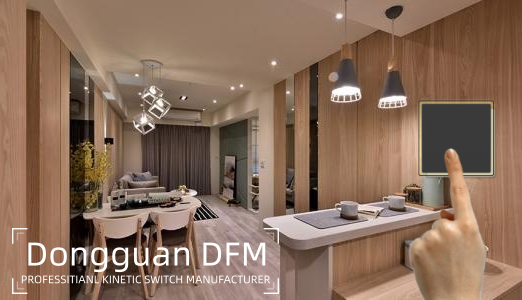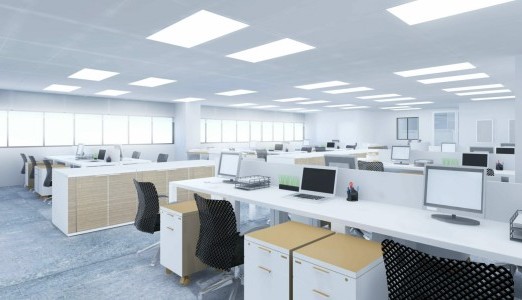Uncontrolled CO2 emissions combined with the current energy crisis show that we urgently need to act: we must save energy!
Buildings play a central role in this, as they account for 40% of global primary energy consumption, mainly natural gas and coal. Ninety-nine percent of the buildings are existing structures and it is not economically feasible to fully retrofit them to improve their energy efficiency. In order to implement alternative and sustainable measures, in addition to energy saving, social acceptance and economic benefits need to be obtained. In other words, the entire value chain needs to benefit from sustainability measures, otherwise even these alternative solutions will not achieve the desired goals. The sustainability triangle symbolizes this logic:

The construction industry is a good example of the possibilities and benefits of digitalization in achieving sustainable energy savings. There are a number of impressive data points that illustrate why smart buildings digitized with smart space solutions are so promising in this context:
Environment: Energy savings of up to 44% thanks to the combination of desk sharing (25%) and smart heating (26% savings on the remaining three-quarters of space).
Economy: Desk sharing can save 1,000 employees €2 million per year (according to FacilityManageme.de's 2019 "Office Cost Report" Burokostenreport, the average operating cost per workstation in Europe is €8,000, 25% desk savings).
Society: Consistently good air quality and modern working patterns can increase employee productivity by up to 50%.
Users accept desk sharing
Companies can even implement desktop sharing in a very simple way using Excel, Outlook, or QR codes. In this case, an employee can use a mobile phone to scan a QR code on the selected desk to send information about the assigned workstation. But what happens if their battery dies, or an employee forgets to scan the code, or they don't want to check in in person to protect their privacy?
A semi-manual solution like this simply ignores user behavior because it does not automatically provide the necessary data about actual desk occupancy. Sensors paint a picture of reality in real time - independent of the individual user, which is indispensable in terms of automation and privacy protection. Both, in turn, form the basis for good functionality and ease of use, and are therefore prerequisites to ensure that employees are still happy to use the application in a year's time and that the investment pays off in the long term.
Taking all of the above into account, self-powered wireless sensors are at the heart of sustainability and an important building block for sustainable digitalization.

 CN
CN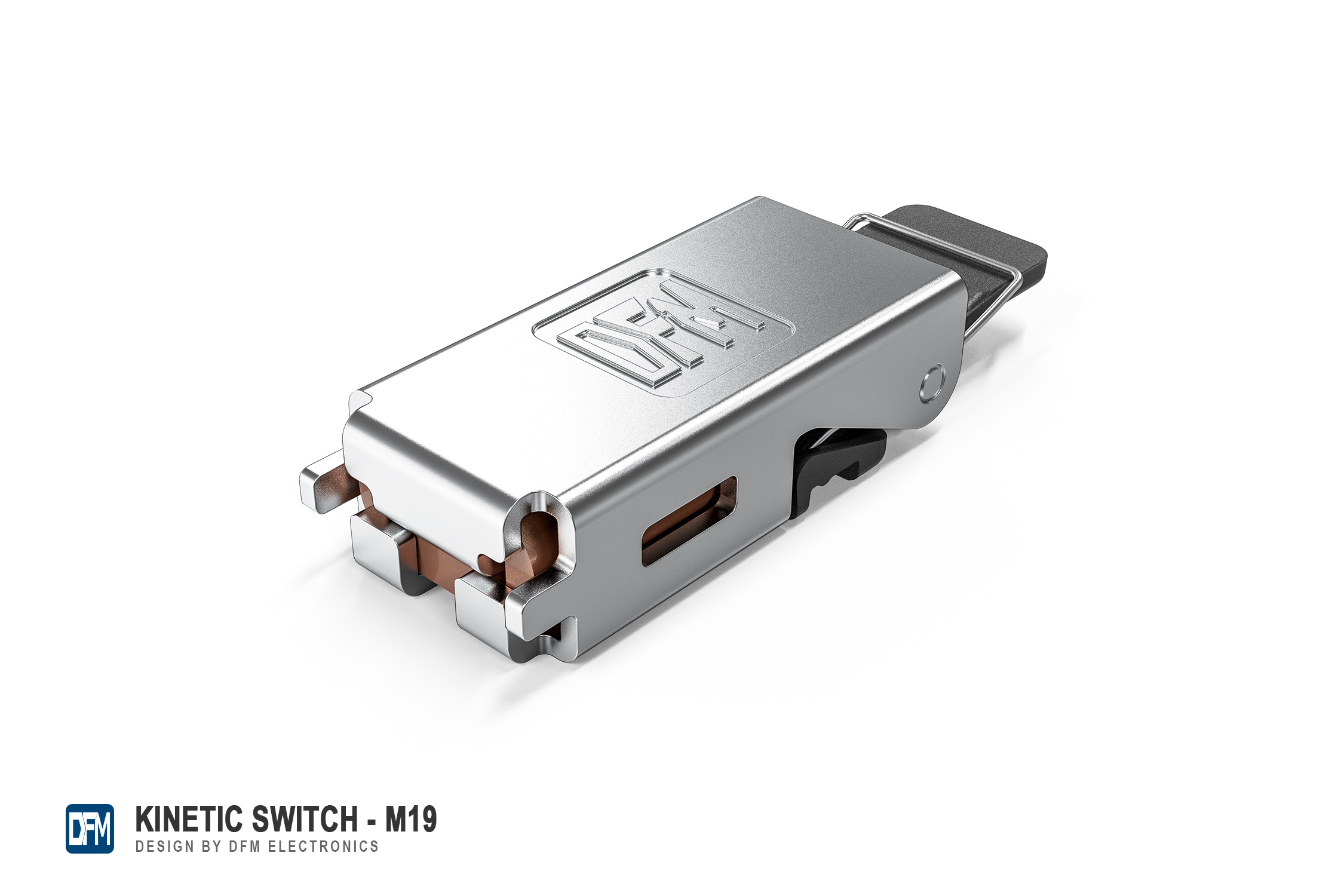

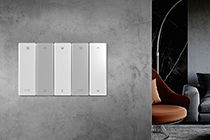
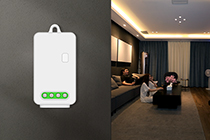

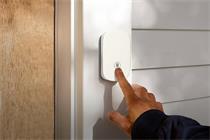

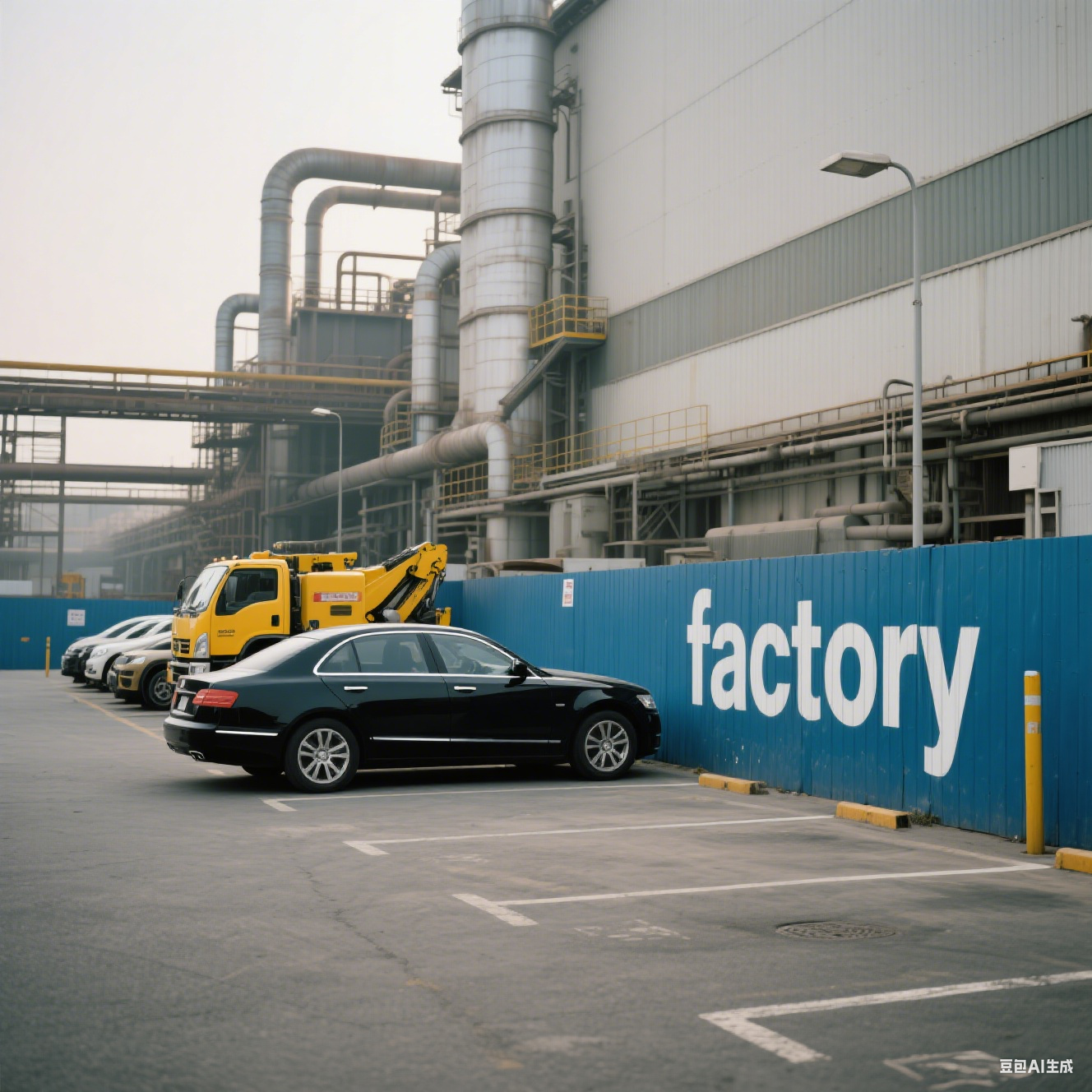





 Home
Home DFM
DFM  Jul 19,2023
Jul 19,2023 
 Wiring? Or not wired?
Wiring? Or not wired? 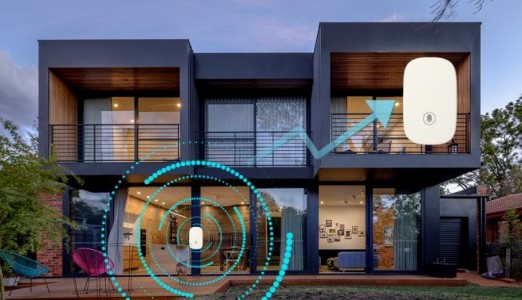
 Jul 14,2023
Jul 14,2023 
